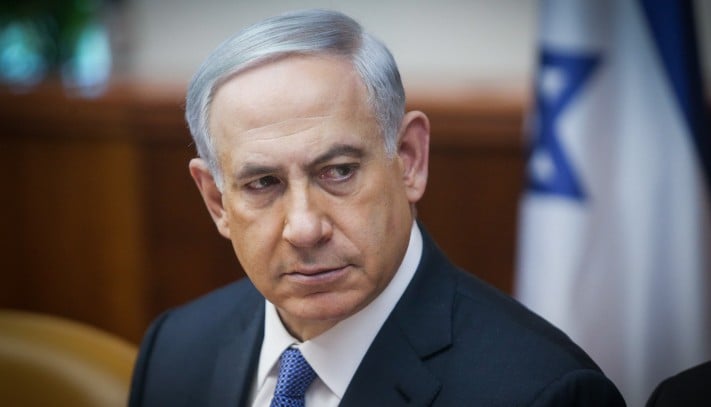The Political Journey of Benjamin Netanyahu

Introduction
Benjamin Netanyahu, a central figure in Israeli politics for decades, has been at the forefront of pivotal changes within the Middle Eastern landscape.
His leadership has significantly influenced Israel’s domestic and foreign policies, and understanding his role is essential for grasping the broader geopolitical context.
Netanyahu’s Political Landscape
Benyamin Netanyahu has served as the Prime Minister of Israel for an extended period, first from 1996 to 1999 and then from 2009 until the present. Under his leadership, Israel has seen an era marked by a focus on security and economic reforms. In recent months, Netanyahu’s government has faced pressure amid internal protests against judicial reforms that many perceive as an attempt to undermine democracy.
The controversial reforms sparked considerable public discontent, culminating in widespread demonstrations across Israel, attracting thousands of citizens who fear the erosion of democratic checks and balances.
Recent Developments
In 2023, Netanyahu’s coalition government has undergone significant turmoil. Key political alliances showed signs of strain, highlighting the challenges of maintaining a stable majority in the Knesset (Israeli Parliament). The implementation of judicial reforms has been a focal point, igniting passionate discussions surrounding the balance of power in Israel. Additionally, recent military conflicts in the region have put Netanyahu’s security policies to the test, as neighbouring countries watch closely how Israeli leadership responds to threats.
Netanyahu’s approach to diplomacy, particularly towards normalising relations with Arab nations, continues to shape the bilateral relations between Israel and its neighbours. The Abraham Accords, agreements signed in 2020, remain a cornerstone of his foreign policy, though the stability of these accords faces scrutiny amid rising tensions.
Conclusion
As Benjamin Netanyahu navigates through these turbulent political waters, the implications of his decisions will have lasting effects on Israel’s governance and its interactions on the global stage. Analysts suggest the future of his leadership hinges on his ability to balance between maintaining his coalition, addressing public grievances, and managing regional security challenges. Understanding Netanyahu’s political strategies and their repercussions is essential for anyone keen on Israeli affairs and international relations.








